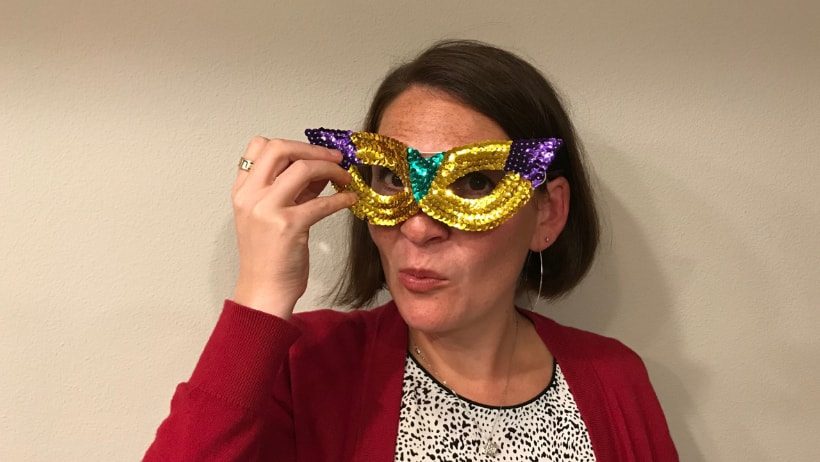I have a very vivid memory from when I was a teenager of my father questioning how I could be so kind one day and so moody or rude the next. I believe his exact words were, “How come everyone else is always telling us what a kind and polite young woman you are, but at home all you do is rant and act out?” It was like an adolescent game of hide and seek. I could turn on the charm for others, act gracefully and politely most of the time when in public, but at home, where I felt most comfortable, I often let down my guard and had my teenage angst in full flare-up mode. I got called out for the poor behavior, but the good behavior, which was merely the expectation, didn’t get praise. Of course now as a parent, it sounds like I’m describing Shiri’s behavior, so I guess what goes around comes around!
We often compare the relationship of God and the Israelite people to that of parent and child, so naturally this includes the teenage years. This week we read the Torah portion that is the final parshah of the year that is read on a Shabbat morning, Parshat Ha’Azinu. Parshat Ha’Azinu is a poem which warns of the consequences of the negative behavior of the Israelites and informs them of the blessings that will result from good behavior. The text ends with Moshe ascending the mountain into the clouds as he takes his leave of the Israelite nation. This parshah is the link between generations, between new and old leadership, and between living on earth (in the land of Israel), and living with God (on top of the mountain in the heavens).
In the midst of this poetry, God sets up the ultimate game of hide and seek. Chapter 32, verse 20 reads, “And I will hide My countenance from them, and see how they fare in the end.” God is literally saying, “I am going to hide myself from the Israelites. I will not come out and be active or present in their world until I see how their behavior will be. Game on!”
If God is hiding from humankind until they show themselves as worthy, the question is what is worthy? At a basic level, we know it means following the mitzvot and being kind to one another. It means demonstrating the behavior that is encapsulated in the text of the Torah. That is what brings God back into a world in which God is hidden.
As we embrace a new year and a new cycle of Torah, the challenge is on once again. We can choose behavior that is self-centered and reckless, or we can seek to bring justice, mercy, compassion, joy, and love into the world. Then, perhaps only then, will parent and child be reunited.




